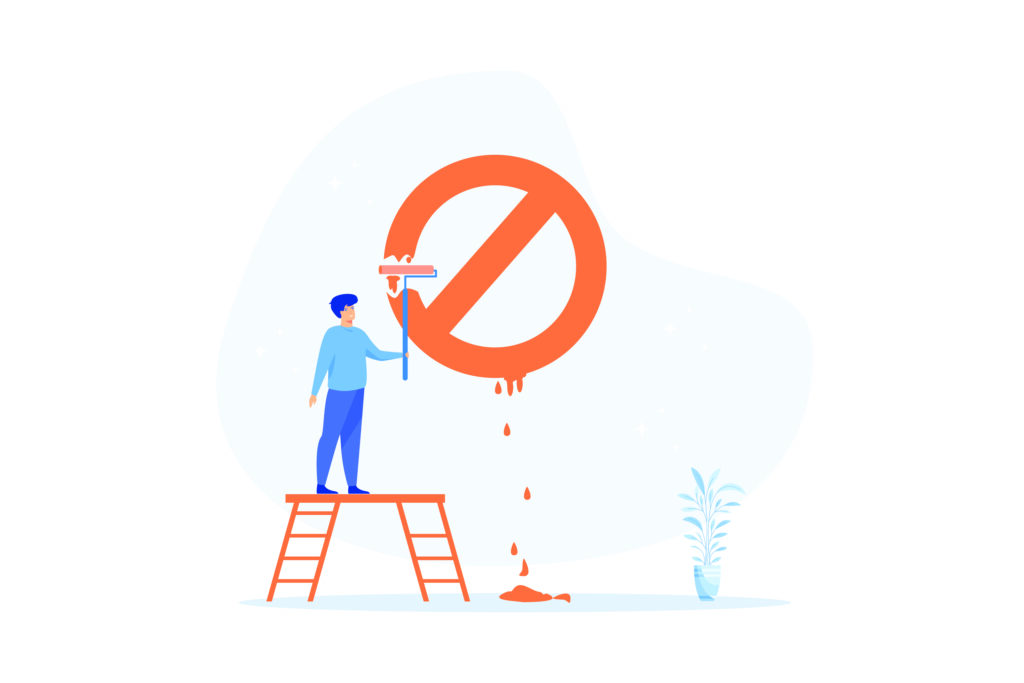Fake Hotel Reviews Have Serious Consequences

The unethical practice of receiving or even encouraging fake guest reviews comes with severe repercussions. Hoteliers understand that more positive reviews and overall higher ratings attract more bookings. You may have thought about doing the same for your hotel property but this is a big mistake. Take the advice provided here and ensure you stay far away from fake hotel reviews.
Fake Reviews Will Get Caught:

Review websites like TripAdvisor have a reputation to protect and their credibility is in jeopardy if they allow fake reviews to be posted on their site. Consumer trust is very important to review websites and they want to remain a reliable source of information for travelers. This is exactly why they put measures in place like complex software to detect and flag suspicious reviews. When your hotel gets caught using fake reviews and boosting scores, your property will be banned from the website permanently. Being blocked on review sites like Google Reviews, TripAdvisor and Yelp will reduce bookings from travelers and impact your bottom line. TripAdvisor and Yelp are in the business of helping the consumer first, so they’ll err on the side of caution in terms of review authenticity. One way that TripAdvisor identifies fake reviews is by tracking IP addresses of reviewers. That means that if your hotel receives multiple reviews from your IP address, they may assume that employees at the property are writing reviews. To prevent being wrongfully flagged as faking reviews, request reviews from guests after their stay and after they’ve left your property.
Fake Reviews Can Backfire:

Guests are much smarter than you may think. People will easily notice a fake review due to their experience in the area. If the review does not have enough content and seems vague or general, it will arouse suspicion. Also, if the review portrays a completely different experience from the one an actual guest received this will lead to doubting the legitimacy of the review. Another common illegal practice is review trading. This is where two businesses agree to write a positive review for each other for mutually beneficial gain. There is usually no monetary component involved with review trading but it is still deemed as fake reviews. If a consumer suspects that any of your positive reviews are fake, then they’ll lose trust in the other positive reviews and will assume the negative reviews are the truth. You’ll hurt your reputation both online and offline.
Fake Reviews are Illegal:

When you think of fake reviews as fraudulent information about your business, they become much less appealing. In addition, if you’re considering incentivizing customers for reviews this information must be disclosed in the review. Consumer protection in the digital age is more important than ever. The days of businesses getting away with falsely inflating review scores are behind us. Here are three simple rules for earning more reviews online:
- Ask guests for honest reviews with a post-stay email after they’ve left the property
- Do not incentivize or pay for reviews
- Provide excellent service that guests want to share
If you need help building your reputation online the honest way, then learn more about our reputation management solutions.
Keep It Real With Travel Media Group:
Managing online guest reviews is a daunting and time-consuming initiative. It may seem like taking the short and easy route of using fake reviews or engaging in review trading is the quick solution. It is never the right choice.
Take the pressure off your shoulders and put the entire operation in the hands of Travel Media Group. With over 40+ years in hospitality and experience with digital solutions in aspects like hotel reviews, we take your hotel’s online presence and reputation to the next level, the right way.
Contact us today and learn more about our industry-leading digital strategies like Respond & Resolve™ and our social media program.





0 Comments